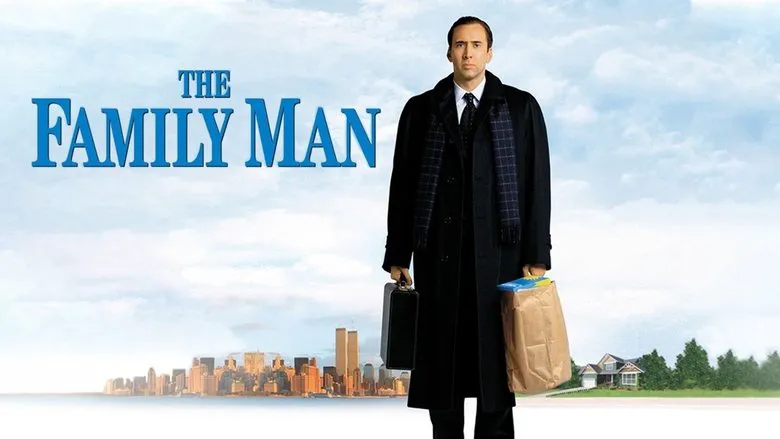“The Family Man”: A Comedy with More on Its Mind?
Brett Ratner’s “The Family Man” didn’t exactly set the cinematic world on fire upon its release. Instead, it felt like a mirror reflecting society’s anxieties back at us. Is America, like many places, grappling with a reluctance towards parenthood? It’s difficult to pinpoint another explanation for a film centered on such a premise.
Where sometimes movie premieres come with grand displays, this film’s premiere was rather muted.
Initially, the film doesn’t hint at the heavy-handed message to come. Nicolas Cage plays a cynical, powerful financier, luxuriating in a high-rise office, a penthouse, and all the trimmings of wealth. A chance encounter at a convenience store leads to a “what if” scenario orchestrated by a mysterious character. Cage’s character awakens to a life drastically altered: a modest home, a job at a tire factory, and the responsibilities of being a father to two children, married to the woman (Téa Leoni) he left behind for his career. The not-so-subtle message? Money isn’t everything. There’s no nuance here, no acknowledgment that financial security might contribute something to happiness.
From Riches to Rags…Is It Really a Dream?
Since the days of Charlie Chaplin, the narrative of the “rags to riches” dream has been a staple. “The Family Man” inverts this, suggesting that wealth is inherently corrupting. It implies that being rich leads to isolation, while happiness is found in perpetual poverty within a family unit. The film suggests that chasing affluence while raising children inevitably leads to traumatizing them (moving to somewhere nice?), inadvertently measuring “family values” in monetary terms, undermining its message.
An Unconvincing Portrayal
The film suffers from Nicolas Cage’s performance. Although generally an excellent actor, he seems to wear a perpetual expression of quiet horror. The real loss, it seems, is giving up the two-thousand-dollar suit.
Real-Life Irony
Life imitated art (or perhaps the other way around) during the film’s production. Cage was undergoing a divorce from Patricia Arquette, while Leoni was pregnant with her first child with David Duchovny. This dissonance adds further irony to a film already heavy with social commentary.